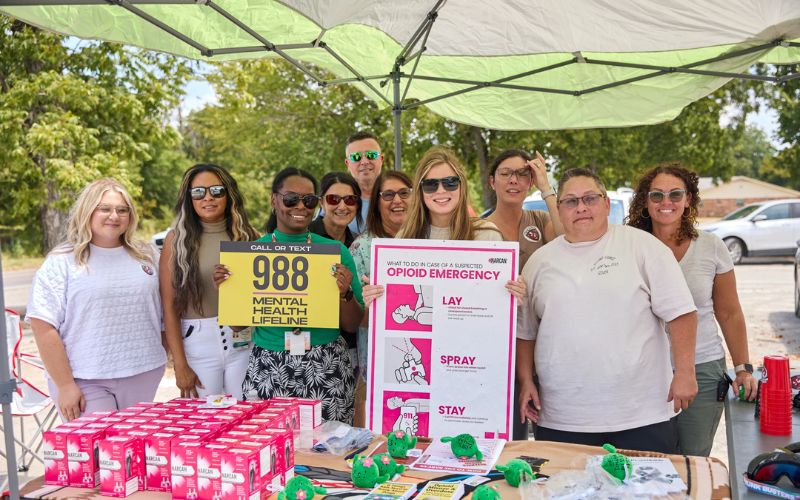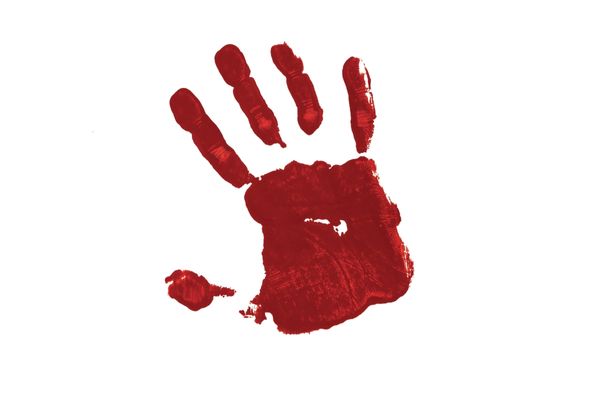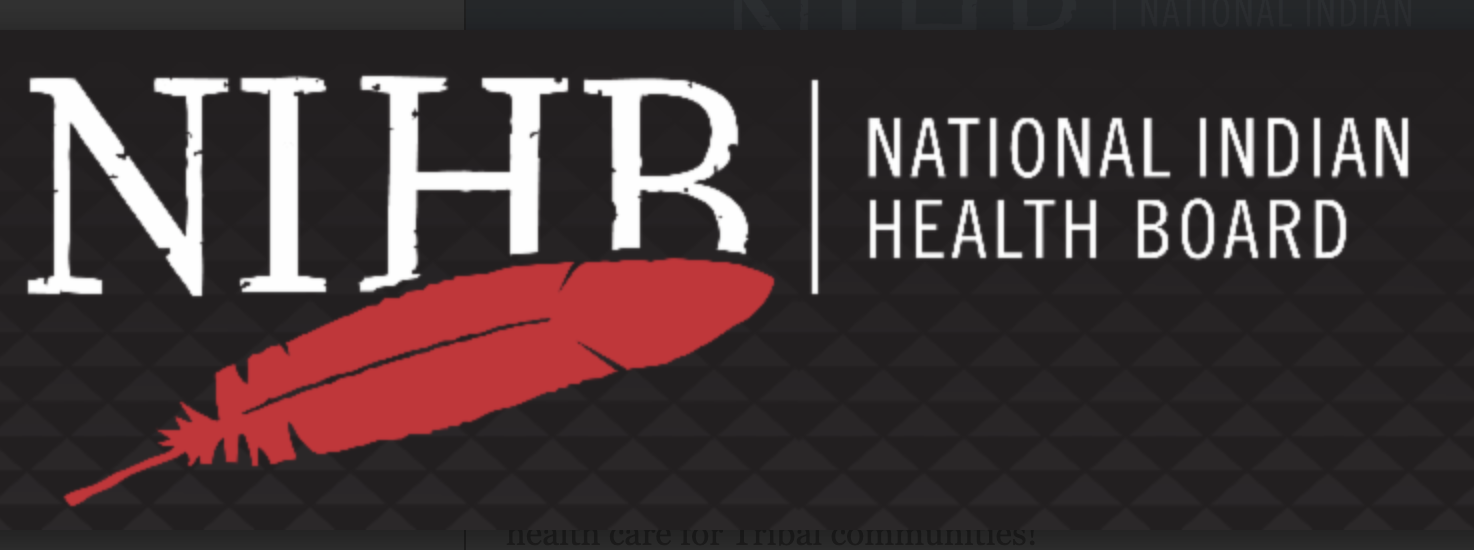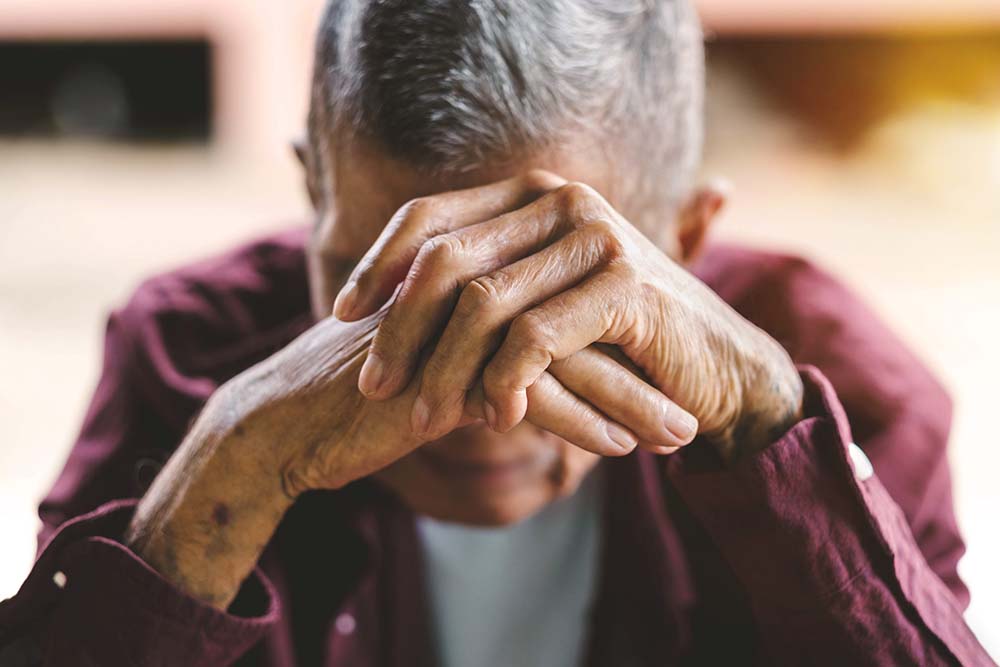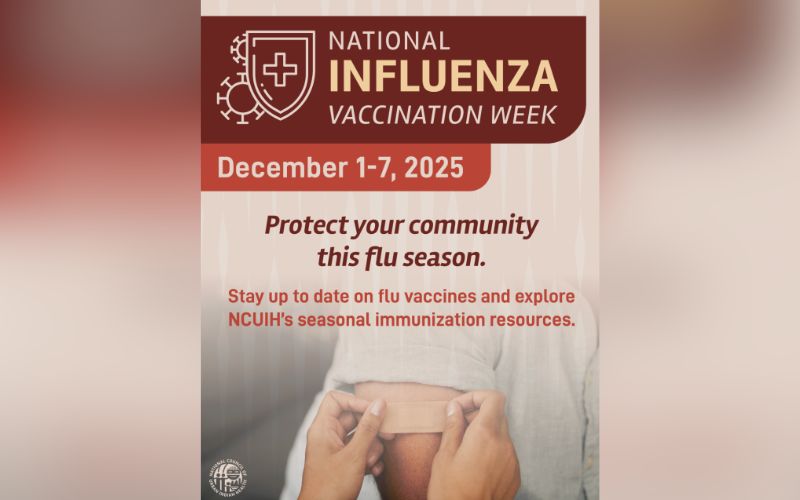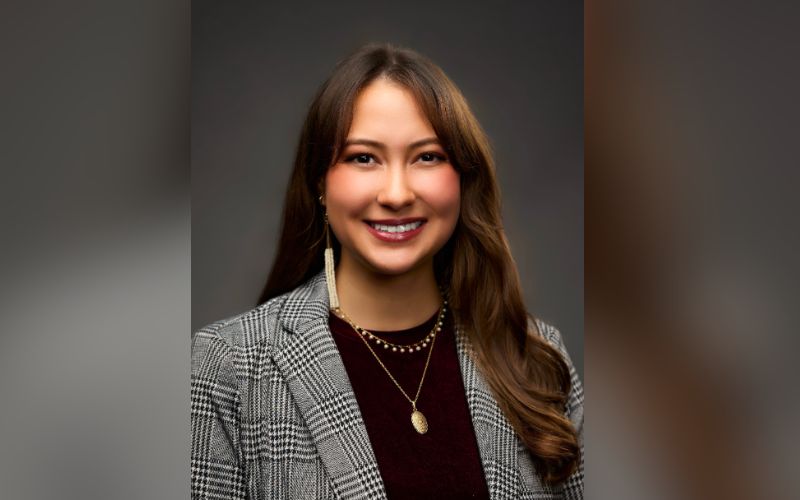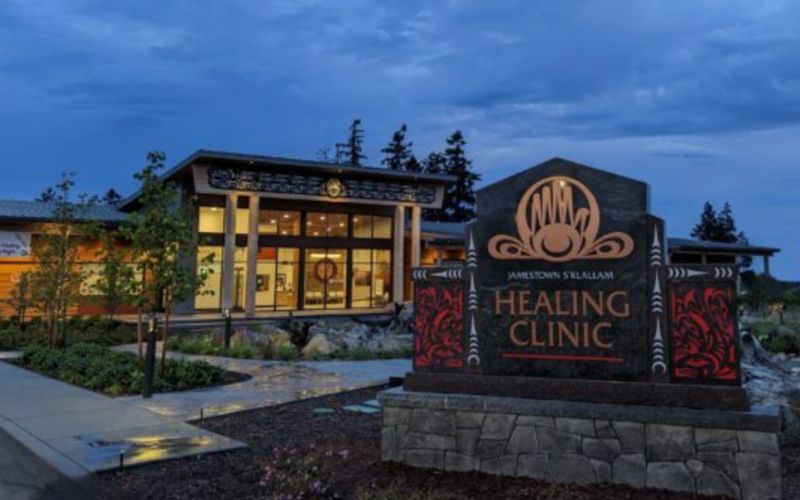Health
- Type: Default
- Ad Visibility: Show Article Ads
- Reader Survey Question: No Question
- Video Poster: https://nativenewsonline.net/images/10_Years_Logo.png
- Details
- By Elyse Wild
- Type: Default
- Ad Visibility: Show Article Ads
- Reader Survey Question: No Question
- Video Poster: https://nativenewsonline.net/images/10_Years_Logo.png
The Missing and Murdered Diné Relatives Task Force is inviting local communities to participate in a Survivor and Family Listening Session hosted by the Arizona Missing and Murdered Indigenous People (MMIP) Task Force on Thursday, Dec. 11. The session runs from 9 a.m. to 4 p.m. at Victim Witness Services of Northern Arizona, 201 E. Birch Ave., Suite 4, Flagstaff, Ariz.
- Details
- By Native News Online Staff
- Type: Default
- Ad Visibility: Show Article Ads
- Reader Survey Question: No Question
- Video Poster: https://nativenewsonline.net/images/10_Years_Logo.png
For buffalo rancher Jason Byrd, a good stew is a story told with corn, beans, squash and bison — the “Three Sisters” and the animal that has carried his people for centuries.
- Details
- By Chez Oxendine
- Type: Default
- Ad Visibility: Show Article Ads
- Reader Survey Question: No Question
- Video Poster: https://nativenewsonline.net/images/10_Years_Logo.png
The National Indian Health Board (NIHB) is urging Tribal communities and advocates to contact Congress and push for an extension of enhanced premium tax credits, which are set to expire at the end of the year.
- Details
- By Native News Online Staff
- Type: Default
- Ad Visibility: Show Article Ads
- Reader Survey Question: No Question
- Video Poster: https://nativenewsonline.net/images/10_Years_Logo.png
The worst part about Jeri Robertson’s job is turning people away.
In her five years as the housing manager for the Tolowa Dee-ni’ Nation in Northern California, which crosses state borders overlapping Northern California and Southern Oregon, Robertson has witnessed skyrocketing rents, overcrowded homes, waiting lists that are years-long, and families caught between services with nowhere to go.
- Details
- By Elyse Wild
- Type: Default
- Ad Visibility: Show Article Ads
- Reader Survey Question: No Question
- Video Poster: https://nativenewsonline.net/images/10_Years_Logo.png
- Details
- By Native News Online Staff
- Type: Default
- Ad Visibility: Show Article Ads
- Reader Survey Question: No Question
- Video Poster: https://nativenewsonline.net/images/10_Years_Logo.png
- Details
- By Elyse Wild
- Type: Default
- Ad Visibility: Show Article Ads
- Reader Survey Question: No Question
- Video Poster: https://nativenewsonline.net/images/10_Years_Logo.png
- Details
- By Native News Online Staff
- Type: Default
- Ad Visibility: Show Article Ads
- Reader Survey Question: No Question
- Video Poster: https://nativenewsonline.net/images/10_Years_Logo.png
- Details
- By Native News Online Staff
- Type: Default
- Ad Visibility: Show Article Ads
- Reader Survey Question: No Question
- Video Poster: https://nativenewsonline.net/images/10_Years_Logo.png
The Trump administration is touting its $50 billion Rural Health Transformation Program as the largest-ever U.S. investment in rural health care. But the government made minimal mention of Native American tribes in sparsely populated areas and in need of significant improvements to health care access.
- Details
- By Jazmin Orozco Rodriguez for KFF Health News

